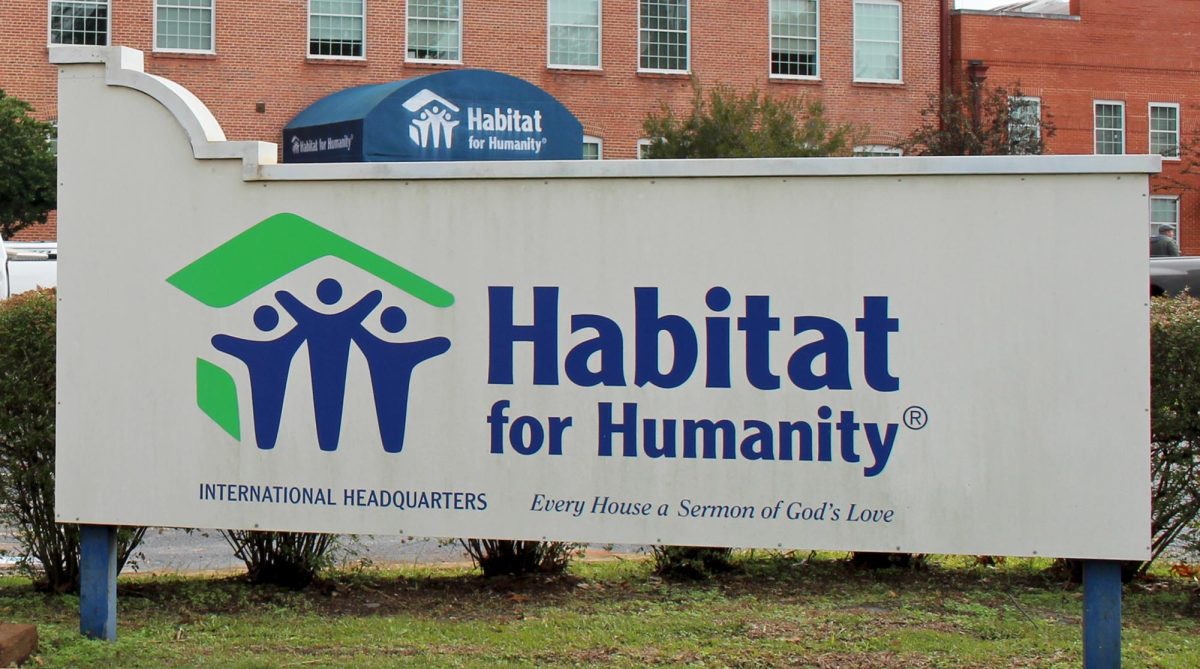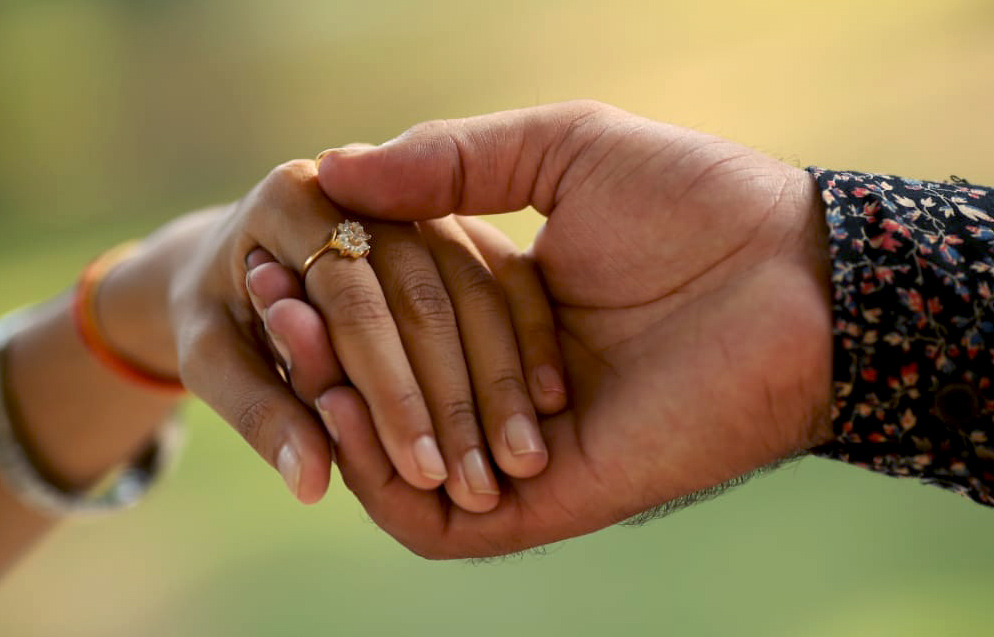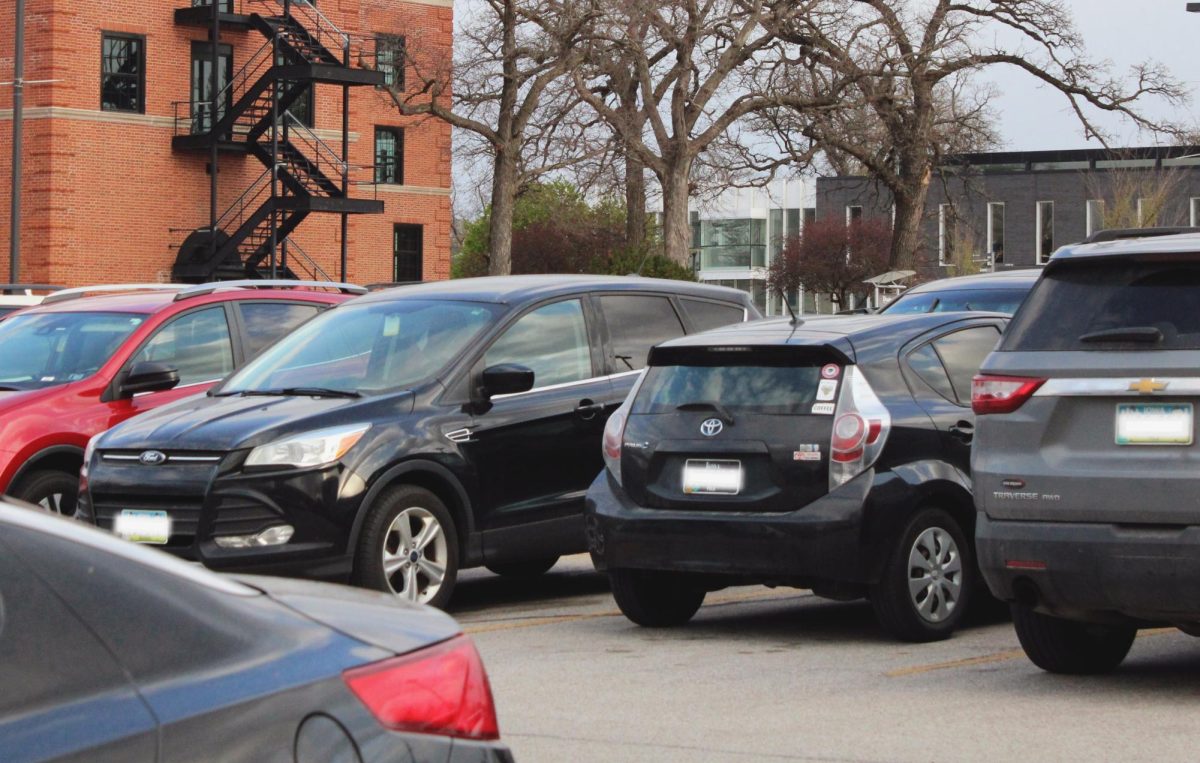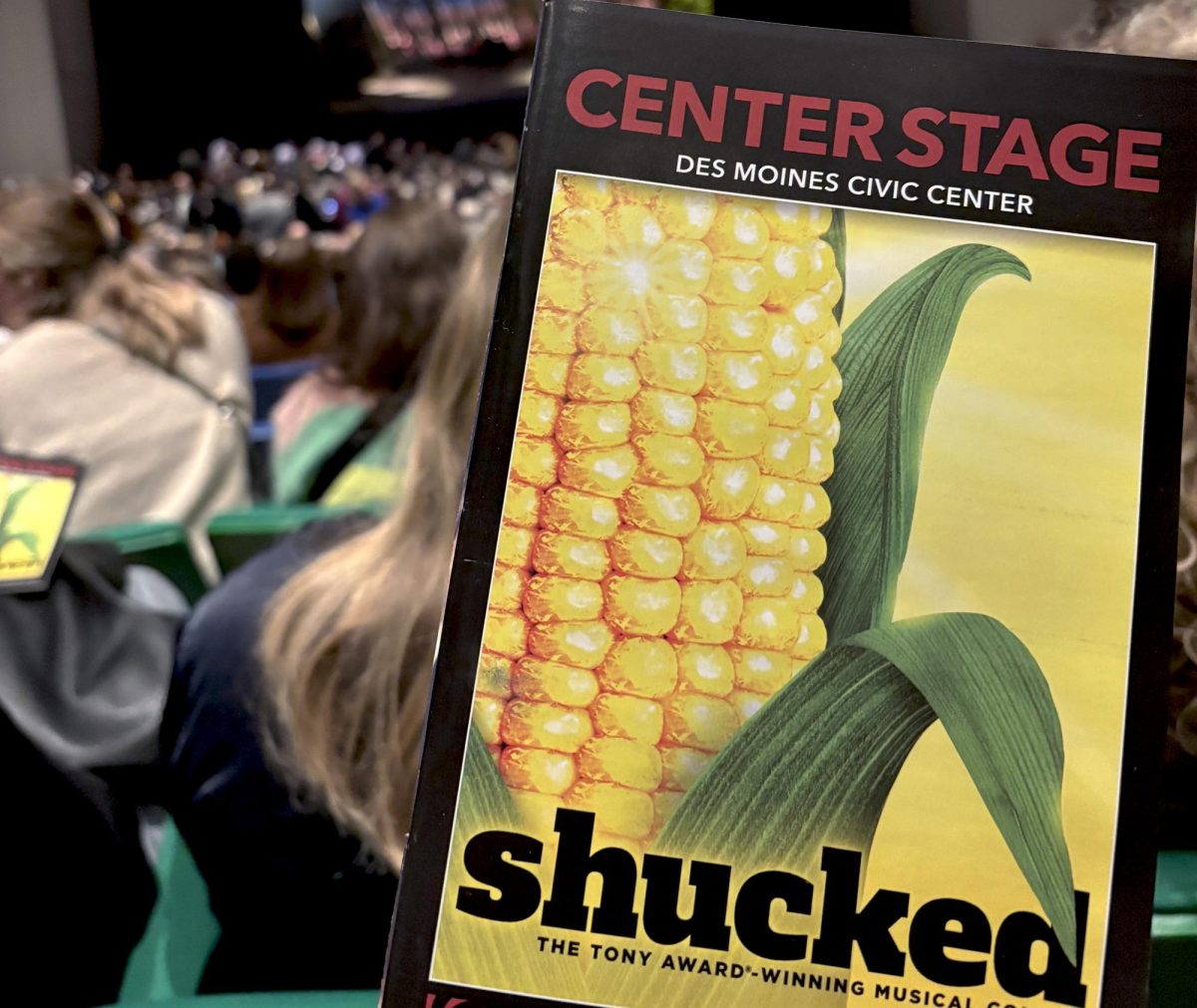One of Drake University’s central pillars is the many opportunities it offers for students to engage in community service. Drake is home to several service organizations, and students often volunteer individually or through other groups to serve the Drake or wider Des Moines community.
One of these organizations is Alpha Phi Omega, a co-educational service fraternity with a chapter on Drake’s campus. It hosts a variety of service and fellowship events throughout the year and requires members to attend a certain number of these events. Additionally, active members are required to complete 15 hours of service per semester.
Senior Caroline Kansa, the service co-vice president of APO, said students express a variety of motivations for joining the fraternity.
“Some people who lean more towards policy enjoy connecting with the community,” Kansa said. “There are some people that, when they’re in a group, [volunteering] is a fun activity for them. Some people do it because it looks good on a resume. And there are those who have joined more for fellowship.”
Senior Zach Melahoures, the president of Habitat for Humanity at Drake, said he has kept track of who within the organization volunteers, how often and why.
“Ultimately, what people really wanted was to volunteer for that resume,” Melahoures said.
Regardless, Melahoures said he wouldn’t generalize that sentiment to all of Drake’s students.
“I think it’s very nuanced,” Melahoures said. “Drake is very diverse. You have people from multiple cultures, different states, coming together.”
Kansa believes that students’ approach generally tends to be more “one-off” volunteering for small events or campus events rather than consistently volunteering for a given organization.
“At APO, we’re trying to build that relationship with the community overall, where we’re coming back and [people] know us, as opposed to one-off events,” Kansa said.
Kansa and Briana Rodriguez, the other co-vice president of service, said that APO has a large variety of partnerships. The fraternity partners with the Red Cross every year to hold a blood drive. This year, the blood drive will take place on May 5 at the Harkin Institute. APO also partners with the Gift of Life Marrow Registry, a bone marrow registry that matches those in need of bone marrow, often children with cancer, to potential donors.
APO has also done work within the Des Moines community, such as initiatives with Meals from the Heartland and Ronald McDonald House Charities.
However, APO isn’t the only fraternity on Drake’s campus that does community service and partners with outside organizations.
Emmett McMenamy, secretary and philanthropy chair of Theta Chi, a social fraternity, discussed the partnership the fraternity has with the James Arthur Albert Foundation, which uses the funds to send kids to high school in Belize. One of the ways Theta Chi fundraises is by hosting a dance marathon, which was held on March 28.
“It‘s just been tradition every year. The fraternity continues to raise more and more money every year,” McMenamy said.
Members of Theta Chi also get involved in community service in other ways, McMenamy said.
“We do a lot of outreach events,” McMenamy said. “And then in the fall, our big philanthropy event is for the USO [United Services Organization], which helps veterans and their families, and we have our event called Tater Chi, where we serve potato-themed dishes.”
McMenamy also listed river clean-ups, trash pick-ups and work with Meals from the Heartland and Habitat for Humanity as other community service projects that Theta Chi is involved in.
Melahoures believes that the hands-on approach that is required for Habitat for Humanity makes it a particularly popular service opportunity for individuals and groups alike.
“I’ve noticed that people love Habitat primarily because they see firsthand what their impact is,” Melahoures said. “I think when people see the impact, they are far more likely to stay involved in volunteering when they’re making something or being directly involved. I think the in-person, visual aspect of volunteering is a huge factor and drives people to want to come out.”
Melahoures also said that volunteering for Habitat for Humanity has become more popular with Drake students and the larger Des Moines community as well.
“It’s much more efficient to find groups of people than to get individual people in the community to sign up by themselves,” Melahoures said. “What we’ve found is that social sponsors and social fraternities are increasingly coming out to volunteer.”
However, APO has seen declining membership in the past few years. When Kansa joined APO in her freshman year, there were about 50 members. Now that she’s a senior, there are about 20 members.
“We’ve talked about it a lot and we’re not 100% sure [why the decline has happened]. I think some of it has been in logistics and recruitment. A lot of it is timing and schedule; a lot of it is Drake Busy culture,” Kansa said.
Kansa speculates that being upfront about the service hour requirement may dissuade people from joining APO.
But McMenamy believes that service hour requirements aren’t a deterrent to joining organizations that are active in community service. He mentioned that through the Interfraternity Council, every chapter member has to do seven hours of community service per semester.
“We enjoy doing [community service], but we do have to go out and serve the community as well. Our [Theta Chi’s] own bylaws are that we have to get ten service hours a semester,” McMenamy said.
And social fraternities, unlike APO, have not been experiencing difficulties in recruitment.
“Being involved in organizations can only help [people become involved in community service]. With those things in place, it creates an easier opportunity for people to go and serve in the community because it’s already something that’s ingrained in our culture,” McMenamy said. “If anything, I think it makes people more interested because we have values that we stand on. Fraternities sometimes have stigmas, but we value things a lot deeper than that, like community service and fundraising for kids in Belize. That’s who we really are.”
Editor’s note: Emmett McMenamy is a staff writer at The Times-Delphic.













